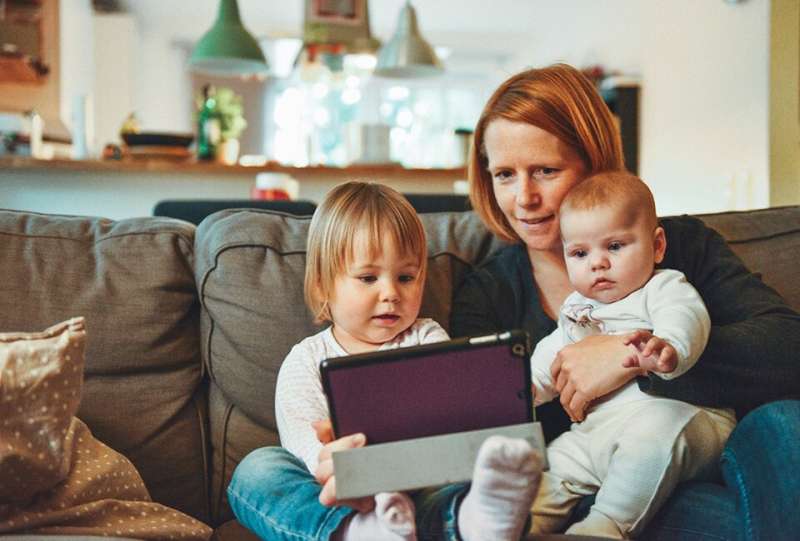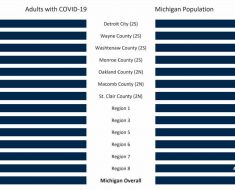
Following the back-and-forth progress of pandemic infection rates and vaccine and masking recommendations has been challenging, especially for parents of school age children, many of whom remain hesitant about vaccinating their children.
A national poll seeking to understand where parents get information about vaccinating their children against COVID-19 found parents of vaccinated children and parents of unvaccinated children divided over the best sources of information. The poll was conducted by the COVID States Project, a consortium of universities comprised of Northwestern, Harvard, Northeastern and Rutgers. The survey used both list selection and open-ended questions to compare responses.
When given a list of possible information sources consulted for child health or vaccine information, parents most commonly selected news and the government, followed by television, Facebook and YouTube.
When given an open-ended response question about where they got information to decide whether to vaccinate their kids against COVID-19, health care professionals were the most commonly cited source of information overall, followed by news, government and online/social media sources.
The widest gap in sources of information were between parents of vaccinated and unvaccinated children, with parents of vaccinated children relying more on health care professionals than the latter.
“The results show the crucial role of health care professionals in passing along consensus scientific information,” said political scientist James Druckman, one of the consortium researchers. “The challenge is how to ensure more parents gain access to such advice, particularly if they are not apt to see it on their own.”
Druckman is the Payson S. Wild Professor of Political Science in the Weinberg College of Arts and Sciences and associate director of the Institute for Policy Research at Northwestern.
Other key findings
- Parents of vaccinated children ages five to 18 were much more likely to mention health care professionals—as well as the government and schools—compared to those with unvaccinated children ages five to 18.
- Conversely, parents of unvaccinated kids ages five to 18 were much more likely to say their own general research, and their own decisions and values, were important sources in decision-making compared to parents of vaccinated kids ages five to 18.
- Parents of unvaccinated children ages five to 18 were also more likely to say that they did not know where they got information, or they did not look for or receive information.
- Selecting from the list of options, parents indicated that they most commonly discussed vaccination decisions with their own parents, in-laws and other relatives.
Source: Read Full Article





